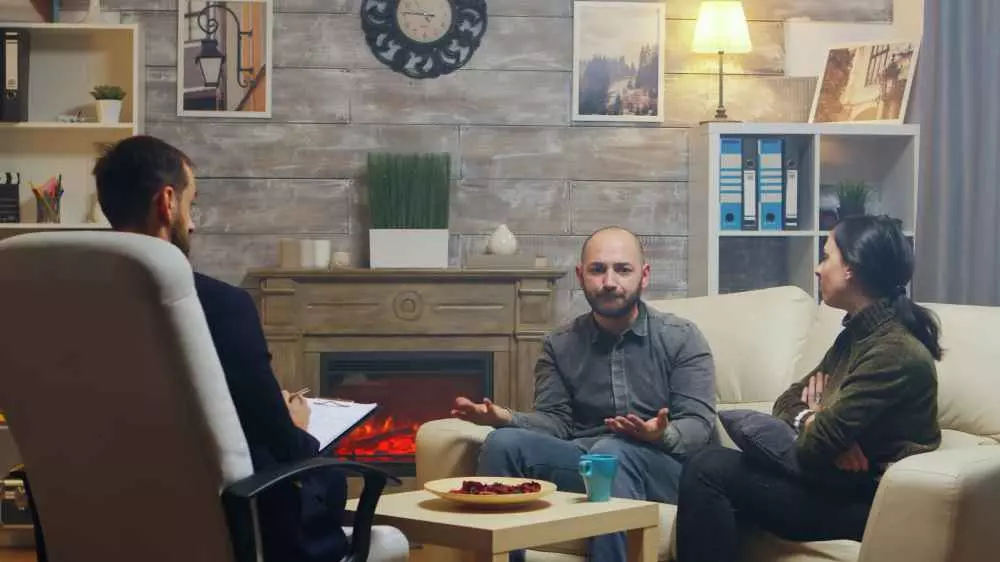Difficulties in a relationship how to deal with them?
This is a very important question that we often ask ourselves when our relationship is going through difficulties. Whether it is conflict, lack of communication or trust issues, counseling can prove invaluable. In this article, we will discuss some effective strategies to help you deal with relationship difficulties.
Recognize and understand the problem
The first step to solving relationship difficulties is to recognize and understand the problem. We can't solve it if we don't know exactly what we are facing. Start by analyzing the situation and identifying the main causes of the difficulties. Is it a lack of communication, financial problems or perhaps differences in values and life goals?
It is important to be honest and open with yourself and your partner. Communicate your concerns and needs and make sure you understand the other person's point of view. Remember that each of you has different experiences and expectations, so it is important to find common ground.

Provide support
Regardless of how you're experiencing difficulties in your relationship, it's worth engaging in a therapeutic process that will provide you with the support and tools you need to solve your problems. Therapy has many benefits, such as gaining new communication skills, understanding your own emotions and learning how to manage stress.
It's also a good idea to consult with close friends or family. Sometimes the objective point of view of those outside the relationship can provide a new perspective and solutions that you may not have considered before.
Work on communication
One of the key elements of a well-functioning relationship is effective communication. Difficulties in a relationship are often the lack of communication or its malfunction. Hence, it is important to spend time talking about feelings, expectations and needs.
When talking, avoid criticism and accusations. Focus on your feelings and experiences rather than blaming your partner. Use I instead of you to make the conversation less offensive and more constructive.
It's also worth practicing empathy and active listening. Try to understand your partner's point of view and listen to it without interrupting. By doing so, you will show that you value and respect his or her opinions.
Accept responsibility for your actions
It is often easier to blame the other person than to blame yourself. However, to resolve relationship difficulties, we must be willing to accept responsibility for our actions. Think about how your behavior may have contributed to problems in the relationship.
Be honest with yourself and your partner. If you made a mistake or hurt someone, apologize. Make your intentions clear for the future and commit to changing your behavior.
Support and build trust
Trust is the foundation of a healthy relationship. If relationship difficulties stem from a lack of trust, it's important to work on rebuilding it. Be honest with your partner and keep your promises. Respect his privacy and see that you protect his trust.
At the same time, remember to let your partner rebuild trust. Sometimes it takes time to rebuild lost trust, so have patience and support for your partner.
Approach problems as a couple
Ultimately, it is important to approach relationship difficulties as a couple. You will need to work together to solve problems and work toward the common goal of a stronger and more satisfying relationship.
Don't forget that relationships require work and commitment. It won't always be easy, but if both parties are willing to work together and compromise, any difficulties can be overcome.
Summary
Difficulties in a relationship can be difficult to overcome, but with a good strategy and support it can become possible. Remember that recognizing the problem, providing adequate support, working on communication, accepting responsibility for your actions, rebuilding trust, and working together to solve problems are key elements in dealing with relationship difficulties.
Don't hesitate to seek professional counseling if you feel that relationship difficulties require outside support. Remember that strong, loving and trusting relationships are possible, despite difficulties.
Add comment